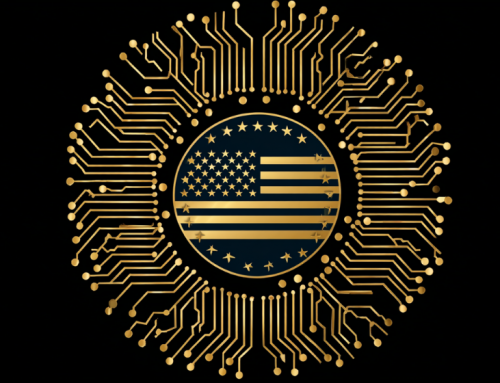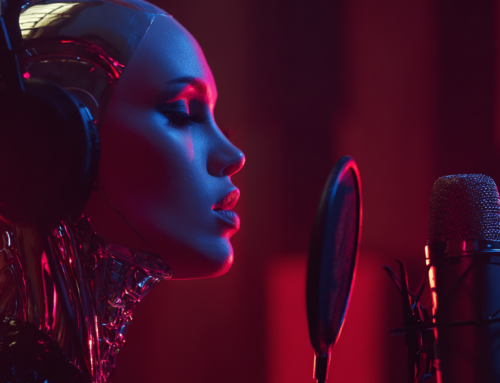
Governor Gavin Newsom vetoed a sweeping California AI safety bill, siding with Silicon Valley tech giants and citing concerns over its broad reach, while promising future collaboration on more balanced AI regulations. (Source: Image by RR)
Newsom Cites Overreaching Standards as the Reason for Rejecting the AI Safety Bill
California Governor Gavin Newsom vetoed a high-profile AI safety bill that aimed to implement stringent vetting requirements for large AI models, siding with tech giants like OpenAI and major California Democrats who opposed the bill. Newsom argued that the bill imposed overly broad standards, affecting not only high-risk AI systems but also basic AI functions, which he felt was not the best way to address real risks posed by the technology. This veto marks a significant decision as the legislation would have set a national precedent for AI regulation, especially as California has become a major hub for AI development. Newsom, while committed to leading on responsible AI regulation, instead signed a smaller bill mandating that the state’s emergency response agency study AI risks and pledged to work with experts and businesses on future legislation.
As noted in politico.com, State Sen. Scott Wiener, who proposed the bill, expressed disappointment, saying the veto was a missed opportunity for California to lead on tech regulation and protect against potential AI risks. The bill sought to ensure safety testing before the deployment of large AI models to guard against potential harms like bioweapon creation, but it faced fierce opposition from major tech players and influential political figures. Researchers, including Elon Musk, supported the bill, viewing it as a way to mitigate public risks, but critics argued it would place undue burdens on developers, especially smaller startups.
The legislation also sparked opposition from prominent Democrats representing Silicon Valley, including former Speaker Nancy Pelosi and Rep. Ro Khanna, who feared the bill would damage California’s economic competitiveness. Tech-friendly figures like San Francisco Mayor London Breed and Rep. Zoe Lofgren also warned that the bill could undermine the tech industry, which plays a crucial role in the state’s economy. Venture capitalists and tech firms, including Google and OpenAI, lobbied aggressively against the measure, while supporters like Musk saw it as necessary for AI safety.
Although Newsom vetoed the broader AI bill, he remains committed to exploring the use of AI in state government. His administration has already implemented pilot AI projects in areas like traffic management and customer service, and he plans to collaborate with experts like Stanford professor Dr. Fei-Fei Li to develop responsible AI regulations. Newsom’s decision reflects the delicate balance between encouraging innovation in AI and ensuring that technology is deployed safely and responsibly.
read more at politico.com







Leave A Comment